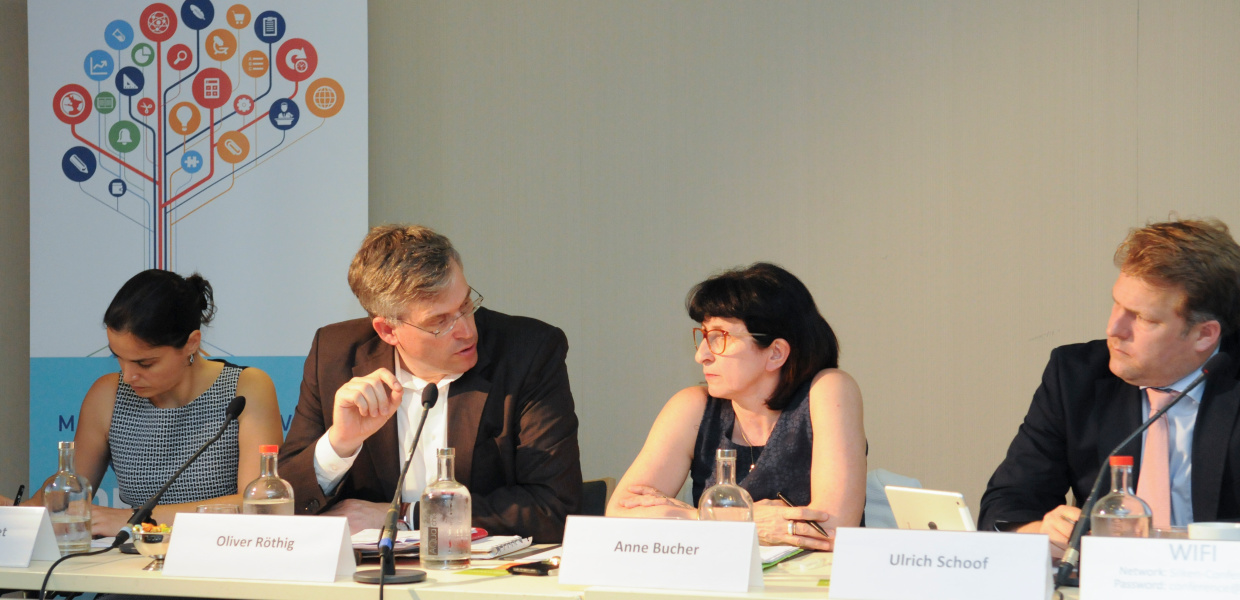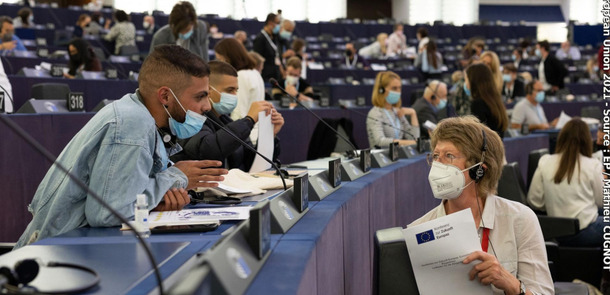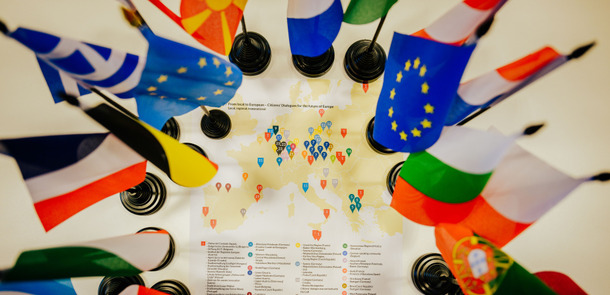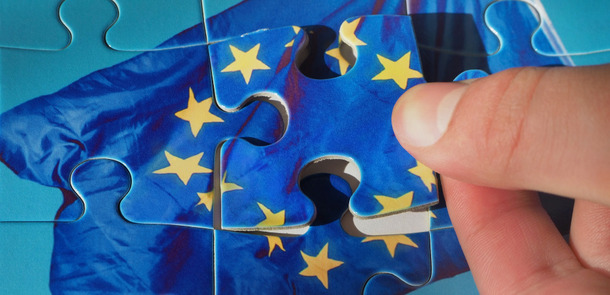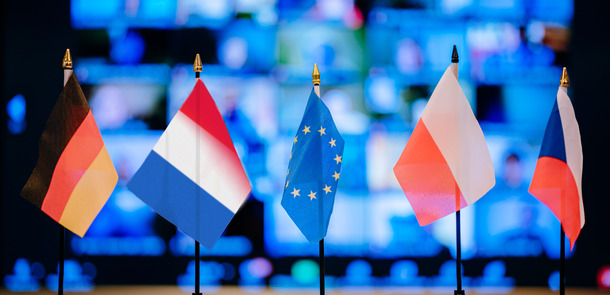How can we further promote the economic integration of the single market? What potential for growth and jobs does the services sector offer? These are the key questions that experts discussed during a conference that was jointly organized by the Bertelsmann Stiftung and the European Commission in Brussels.
Last week in Brussels, the Bertelsmann Stiftung and the European Commission successfully held a joint conference on "Making the EU services market an engine for growth". The aim of this conference was to discuss the challenges and benefits of tapping into one of the biggest potentials the EU single market still has to offer, the services sector.
Among the participants, there was strong agreement on the importance of the services market and that too little had been done so far. Policies like the 2006 Services Directive have been implemented too weakly until now to fully yield the economic benefits a unified European services market could provide. This message became already clear during the two opening speeches
The Single Market could help rebalancing the euro-economy, avoid the build-up of new imbalances and thus help stabilizing the monetary union.
Stability and unity in Europe
The Bertelsmann Stiftung’s Chairman and CEO Aart De Geus highlighted the Single Market’s significance not only as a fundamental source of jobs and economic growth for Europe but also as a necessary provider of stability and a symbol of European unity. Referencing the current and past crises in Europe De Geus said: “The Single Market could help rebalancing the euro-economy, avoid the build-up of new imbalances and thus help stabilizing the monetary union.”
Services directive insufficiently implemented
European Commissioner for the Internal Market Elżbieta Bieńkowska held the second opening speech. While the Commissioner highlighted the work already done by the European Union since the adoption of the Services Directive in 2006, she openly admitted that she was “very disappointed” with the member states’ implementation of the directive thus far. Of the additional 1.8% in GDP growth the directive could have yielded according to a Commission report from 2012, only about 0.1% had been realized.
Services and manufacturing
In fact, Bieńkowska said, reforms had almost exclusively only been undertaken by countries subject to financial assistance programs or implementing comprehensive national reform programs where the reforms had been conditionally tied to the financial assistance programs. Bienkowska furthermore added yet another significant aspect of the EU services market. She highlighted its growing interconnectedness with the manufacturing sector stating that between 25% and 50% of manufacturing firms’ total revenue stems from sales of services.
Achieve further growth and productivity
What followed were three lively panel sessions presenting opinions from the fields of politics, business and consumers. Serving as a refreshing pause from the debate, Professor Philippe Aghion from Harvard University gave a well-received keynote speech on the topic of “creative destruction”. He stated that in order to achieve further growth and productivity in advanced economies, this growth has to come from innovation and a constant willingness to reform and replace the old with the new.
In need of a reformed and flexible single market
Professor Henrik Enderlein from the Hertie School of Governance and director of the Jaques Delors Institute in Berlin, as well as European Commission Vice-President for Jobs, Growth, Investment and Competiveness, Jyrki Katainen, held the two closing speeches of the conference. Enderlein, who began his speech congratulating the Single Market on “becoming sexy again”, picked up Mr. de Geus’ point of European unity. He cautioned policy makers that the EU would need a reformed and flexible Single Market if they wanted to keep countries like the United Kingdom part of the EU.
Finally, it was Commissioner Katainen’s turn to recap the day’s events and comments. He praised the involvement of the participants and ensured the audience that any input collected during the conference was sure to be used and taken into account by the Commission when coming up with a new internal market strategy by the end of this year.
